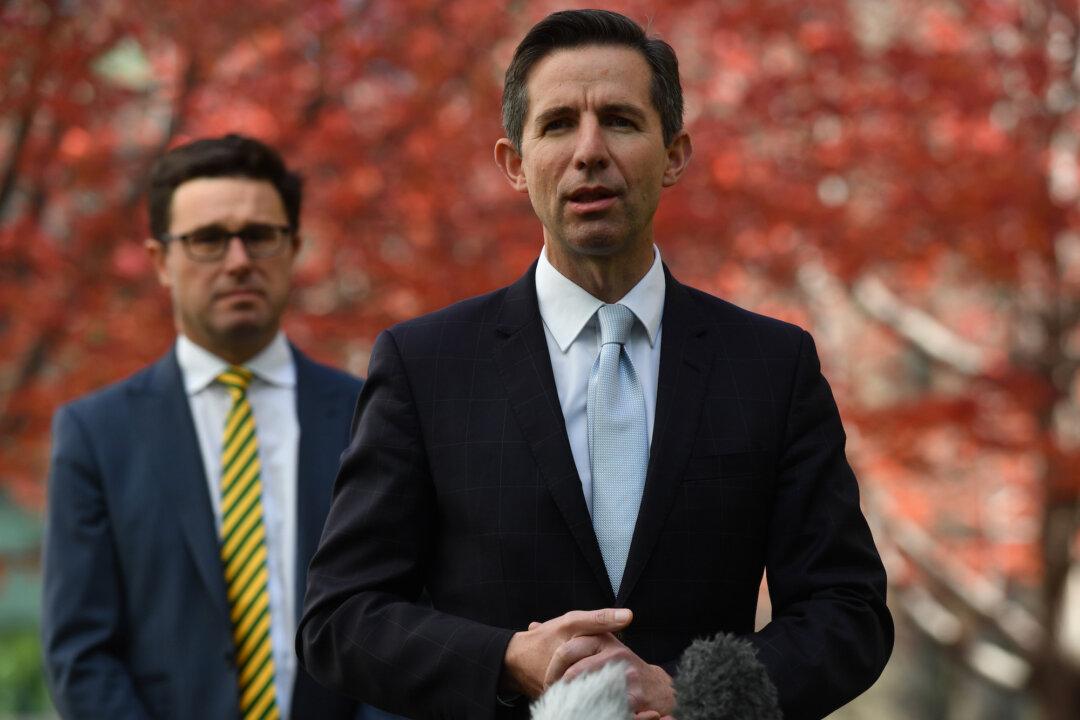Australia’s federal trade minister said the government will not engage in an economic war despite the Chinese Communist Party’s (CCP) “wolf warrior” diplomatic tactics towards Australia.
Trade minister Senator Simon Birmingham said in an interview on May 19 that Australia’s trade policy is based on the international rules on trade.




